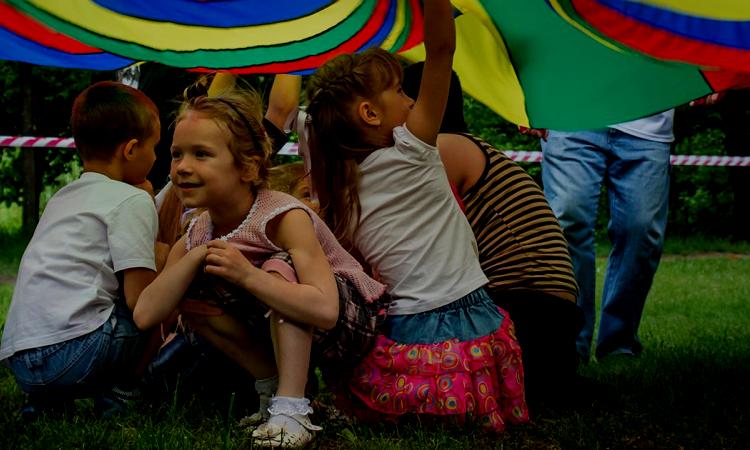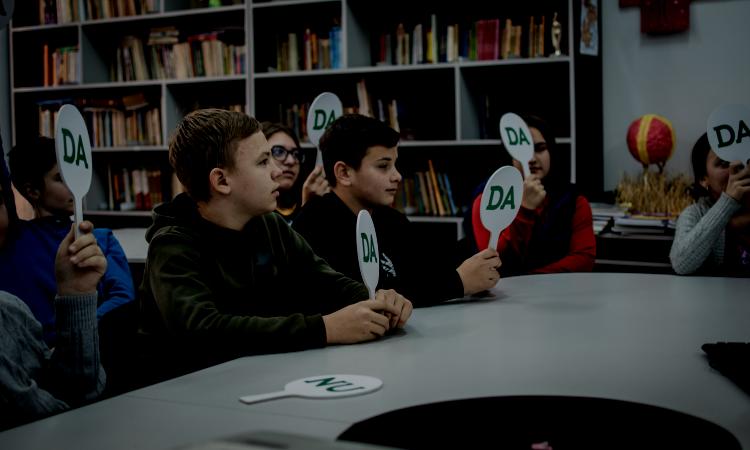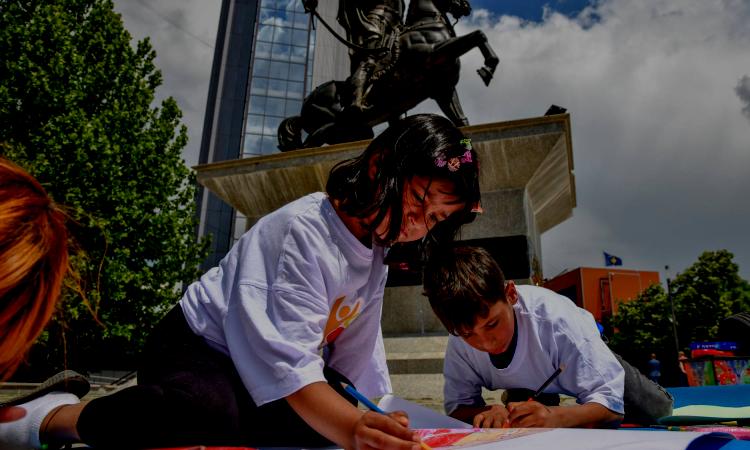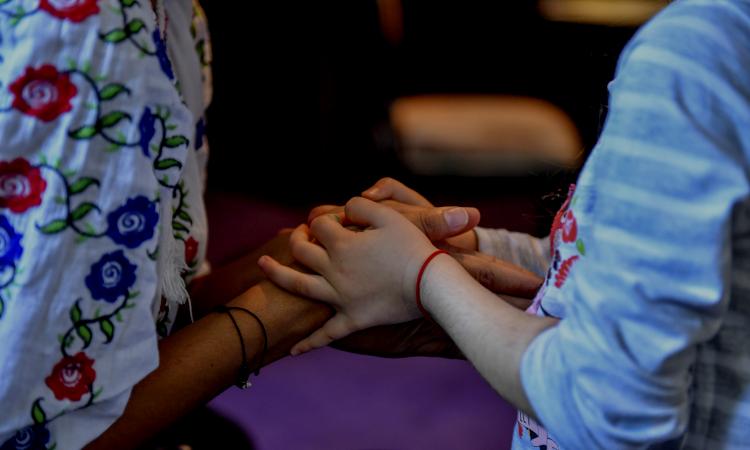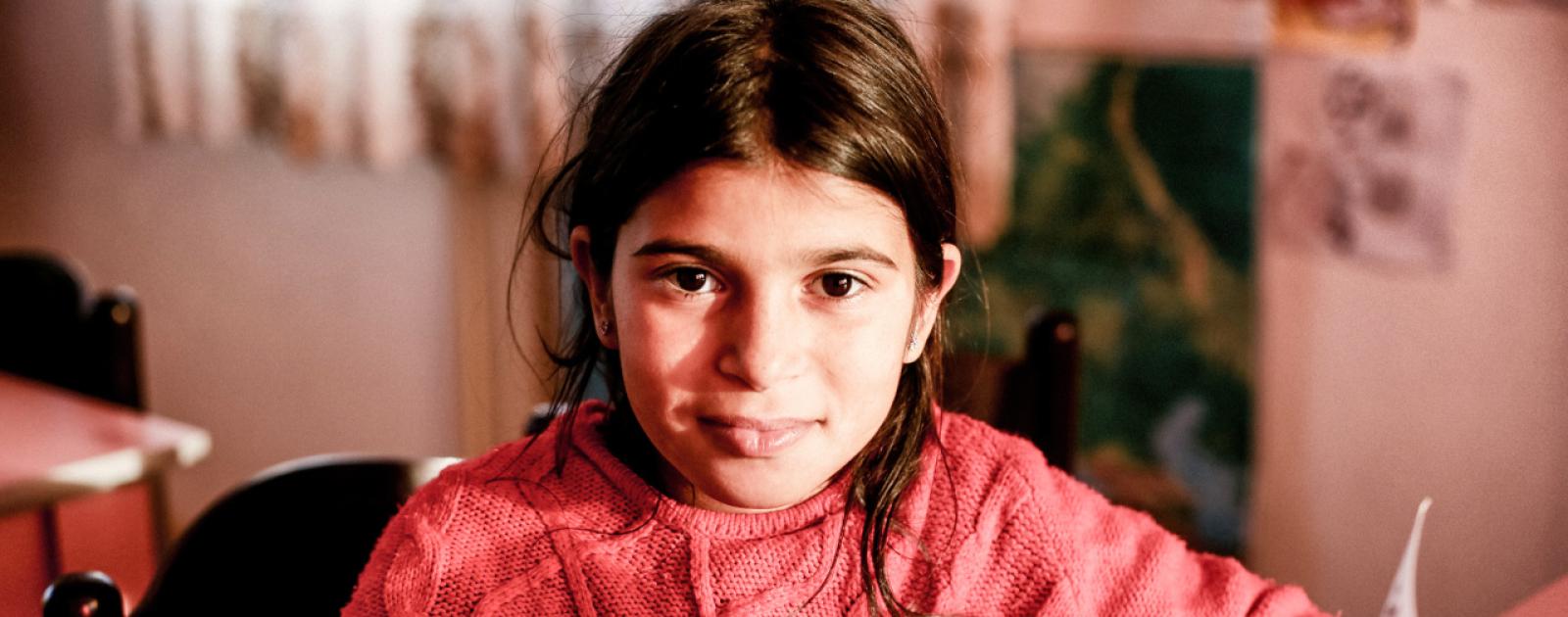
To effectively protect child victims from further harm and support their healing process, i-RESTORE promotes the use of child-friendly restorative justice and empowers children to become agents of change.
The best interest of the child should always be at the core of juvenile justice, especially when we work with child victims. Yet, how can we achieve child-centred justice without actively involving children? We can’t, and we shouldn’t.
Protecting children is one of our cornerstones, but to do so effectively, we should refrain from relegating children to the sole role of helpless beings, intrinsically unable to speak for themselves.
As two Serbian children pointed out, child-friendly justice implies “[a] judicial system where a child is an active participant and not just a passive subject. A judicial system which is not about a child, but with a child.”
This becomes especially true when we work with child victims of crime.
Undoubtedly, child victims have suffered and continue to bear the scars of what they have experienced, but we cannot let this crime define their whole existence and individuality. Protecting them also means giving them ways to express their needs and to solve the issues arising from the offence, and create a supportive environment for them to thrive, despite and beyond the crime.
This is why, through “i-RESTORE - Better Protecting Child Victims Rights through Restorative Justice”, Terre des hommes and its partners European Forum for Restorative Justice and Restorative Justice Netherlands, promotes the use of restorative justice, an approach that actively involves offenders, victims willing to participate, and their community.
The project is co-funded by the Justice Programme of the European Union 2014–2020, and it aims to promote the use of restorative justice in cases involving child victims by raising awareness on child victim-friendly restorative justice, strengthening the capacity of justice professionals and empowering children to advocate for better protection of child victims.
It focuses on Albania, Romania, and Greece, but it also aims to improve access to restorative justice beyond these countries’ borders.
In i-RESTORE, we engage with children to understand their views and improve the way in which crimes are handled in the community, promoting restorative justice as a conflict-resolution method that is more humane, where the individuals and their specificities come before and above the crimes that they committed or suffered. It aims to heal and repair, as well as to ensure that people take responsibility for their choices and actions.
Doing so, restorative justice also helps to reduce the chances of recidivism of the perpetrators and of conflicts arising from unresolved issues, benefiting both parties and the wider community.
The Child Advisory Boards are a key asset to this child empowerment strategy: these groups, set up in Albania, Greece and Romania, have been actively involved in the advocacy and research initiatives of the project.
Through the YouCreate Methodology, we give children the opportunity to make their voices heard: they actively participate in the creation and planning of the activities and awareness material.
Thanks to this active involvement, they became better aware of their rights, and more importantly, of their potential, which improves their confidence and their resilience.
Children were also consulted, along with key stakeholders, during research on best practices and gaps that hinder a wider use of restorative justice in Albania, Romania, Hungary, and the EU in general.
It emerged that applying restorative justice to children still presents several challenges, such as a lack of proper training for the professionals involved in child justice.
The i-RESTORE project addressed this issue by developing and providing training, and sharing opportunities with professionals working with child victims.
These trainings present the restorative justice approach as a beneficial way to focus on the needs and rights of the victims, the motivations of the offenders, and the role of the local community, and provide practical ways to overcome the barriers currently faced by professionals in their work with child victims.
Ultimately, child-friendly restorative justice helps protect, heal and empower child victims, and does it by exploiting the potential of our greatest asset: children themselves, to whom we owe the proper support to grow from child victims into confident and fulfilled advocates for fair, child-centred justice.
Register for the i-RESTORE first European conference on child-friendly restorative justice

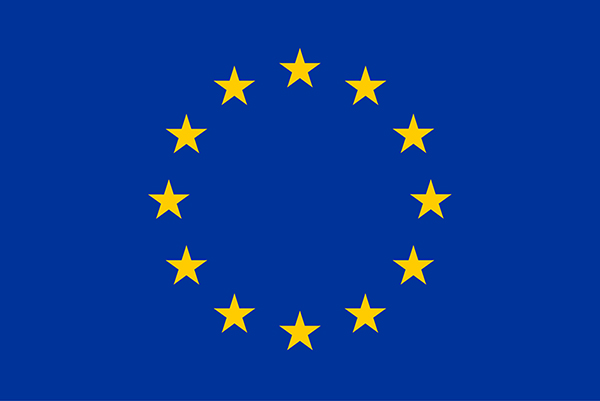
The project is co-funded by the European Union’s Justice Programme (2014-2020).
